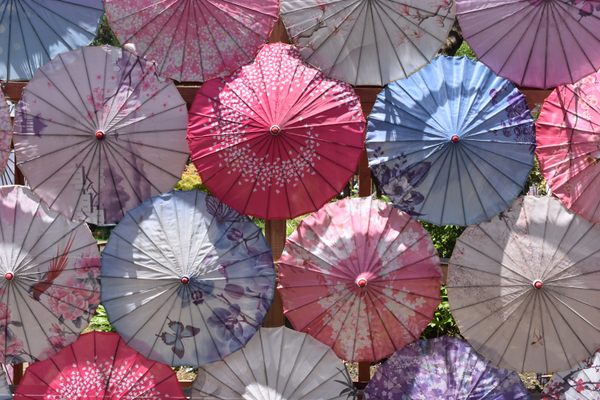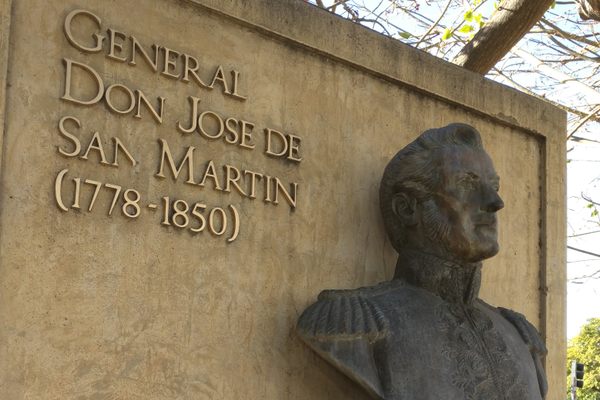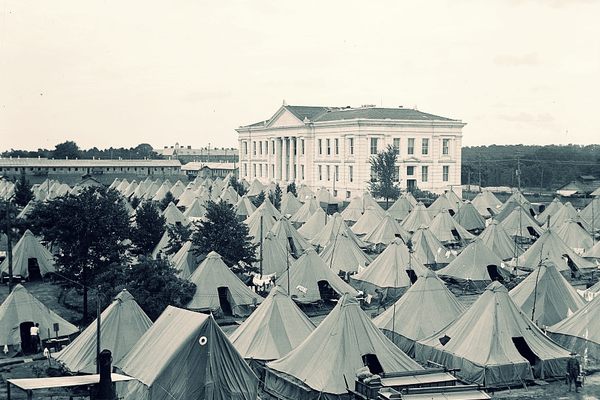About
On October 21, 1600, a short but savage conflict changed the course of Japanese history forever. Near the quiet farming village of Sekigahara, more than a century of civil war culminated in a six-hour battle that left over 30,000 dead. The victor, Tokugawa Ieyasu, went on to unite the country under the Tokugawa Shogunate that ruled for 250 years from the new capital city of Edo (later renamed Tokyo). This momentous event is recreated in frequently absurd and occasionally inaccurate details at Sekigahara War Land.
A somewhat bizarre "theme park" filled with over 200 highly evocative life-sized statues of varying quality, Sekigahara War Land introduces visitors to the weapons, armor, and atmosphere of the Battle of Sekigahara via various sculptural vignettes. One can walk through the "battlefield" and imagine actually being there. (If one also imagines that the battle took place entirely within a small field, and was filled with soldiers who didn't actually know how to use their weapons.)
Amidst the sword fights, archery volleys, and imminent death blows waiting to be struck, visitors can also see scenes and figures particular to the Battle of Sekigahara. These include Tokugawa Ieyasu claming final victory, the seppuku suicide of defeated general Ōtani Yoshitsugu, and soldiers carrying the severed heads of several samurai on a pole. War Land also features, for some reason, statues of historical figures who died over a decade before the Battle of Sekigahara.
The site also includes a small indoor museum featuring displays of historical weapons and armor from the Battle of Sekigahara. Obviously, though, the real attraction is the charming and unlikely sculpture garden outside.
Related Tags
Know Before You Go
It is about a two hour drive from Kyoto to Sekigahara in Gifu prefecture. Take the 365 to the Sekigahara bypass. Sekigahara War Land is near the intersection of the two roads. Alternatively, it's a half hour walk from Sekigahara Station. There is plenty of parking, but it's also a nice walk through the countryside from the station. The park closes at 4 everyday, so make sure to get there relatively early. However, the people who run the ticket are pretty relaxed about letting you spend time to explore once you are already in.
Hidden Japan: Sado Island, Nara & Kyoto
Explore a different side of Japan.
Book NowPublished
December 9, 2016
Sources
- http://en.rocketnews24.com/2014/10/07/travel-back-in-time-to-the-sengoku-era-at-sekigahara-war-land/
- http://japaninfoswap.com/sekigahara-the-site-of-japans-defining-samurai-battle/
- http://en.japantravel.com/gifu/sekigahara-battlefield/3740
- http://www.kanko-sekigahara.jp/en/
- http://travel.cnn.com/tokyo/visit/battle-906453/
































































